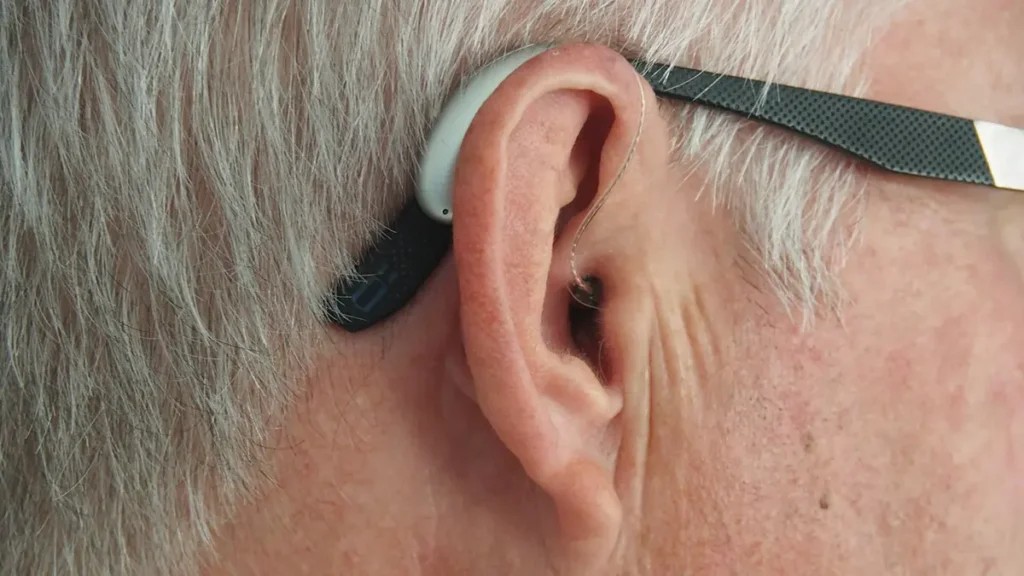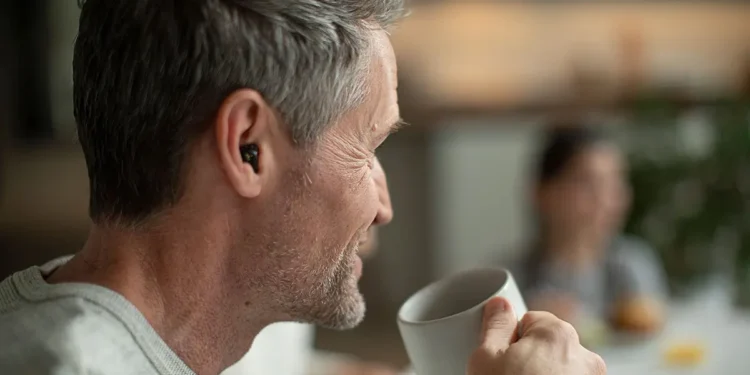Hearing loss is gradual. Over time, you may lose the ability to hear certain sounds. Once your hearing test has established the level of any hearing loss and identified that hearing aids could be beneficial to you, you may think that your hearing issues are over. But it’s worth highlighting that the transition to wearing hearing aids may not work perfectly from the word go … but help is at hand!
Hearing aids can restore sound in a few seconds. They are not complicated and are extremely easy to use. But initially, things may sound odd, or loud, or you just feel a little overwhelmed. Even your own voice may sound weird. After all, hearing sounds that you are not used to can be a little unsettling – not unpleasant, simply different. And that’s where hearing aid audiologists come into their own, as they set them up for you, help you to adjust and adapt quickly to your new hearing aids, ensuring your new soundscape is as effective as it can possibly be.
Period Of Adjustment
It can take hours, days or even weeks for you to get used to your hearing aids, especially if you have never worn any before. Obviously, when you begin to wear hearing aids, you need to allow time for your brain to adapt to the new normal, as it starts to hear sounds that it hasn’t heard for years.
When you have new hearing aids, you will notice slight changes right from the start. However, in certain situations the sounds you are hearing through your new hearing aids may startle you, be too loud or not loud enough – that is why you may need several adjustments before you are completely happy with them.
Practice And Patience
Like anything else in life, to fully adjust to the changes, you must use your hearing aids as much as possible and be patient. By regularly wearing your hearing aids, you will gradually become more tuned to learning which settings work best for you in different situations. It’s worth pointing out that when you experience hearing loss, some sounds that have been lost to you will now be restored, your brain will still need time to familiarise itself to hearing these sounds again. It can be a tiring process, but the results will be worth it in the end.

Hearing Aid Audiologists
95% of people with hearing loss will usually see a private hearing aid audiologist. A hearing aid audiologist is a highly trained hearing care professional. They have the skills and experience to answer your questions and provide ongoing support. They are also highly knowledgeable when it comes to managing your transition and rehabilitation when using hearing aids. So don’t worry about anything, once they have been set up for you, the most demanding thing you may need to do is charge them overnight or change the batteries.
In addition, your hearing aid audiologist will advise and instruct you on how to care for and maintain your devices, i.e. keeping wax guards and filters clean. By keeping in regular touch with them, you will be able to get slight tweaks undertaken quickly and for free either at their branch or remotely in many cases, as well as receive ongoing care for the lifetime of your hearing aids.
Developing Familiarity With Sound Signals
David Peel, a highly experienced independent hearing aid audiologist based at The Sense of Hearing in Banbury said. “Having someone on hand to help you through the process of transition is incredibly useful. Not only do you need time to adjust to the technology, but your brain must re-acclimatise itself with sound signals from everyday life that it has been missing.”
David concluded. “Remember that hearing aids won’t give you perfect hearing, as hearing aids aren’t a cure for hearing loss. However they can be hugely beneficial when it comes to helping you to hear better, so you are able to enjoy a better quality of life.
If you’re having problems transitioning to wearing hearing aids, get in touch with The Sense of Hearing today by calling 01295 557008.









